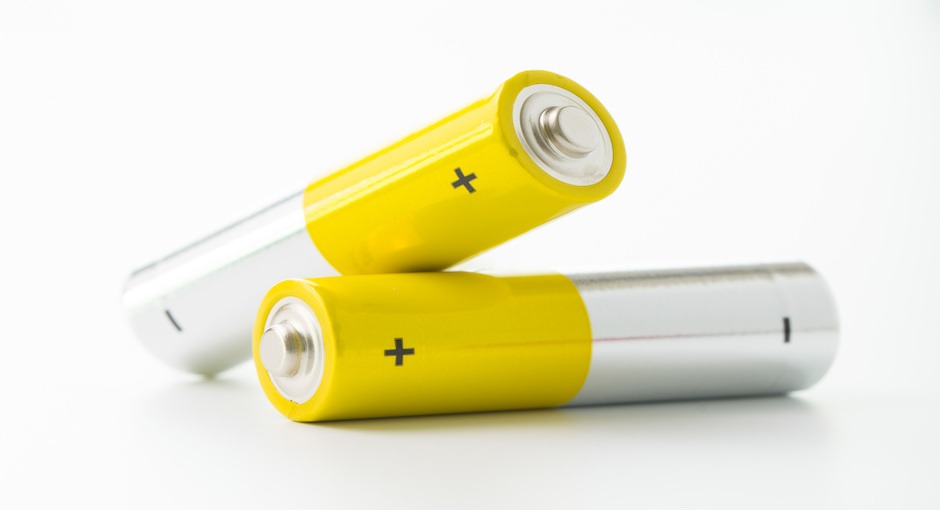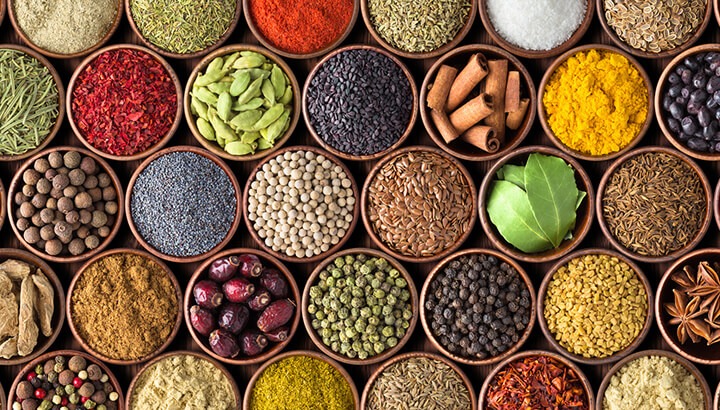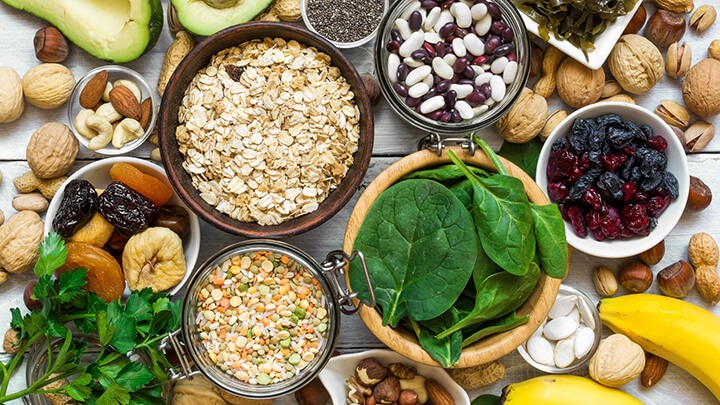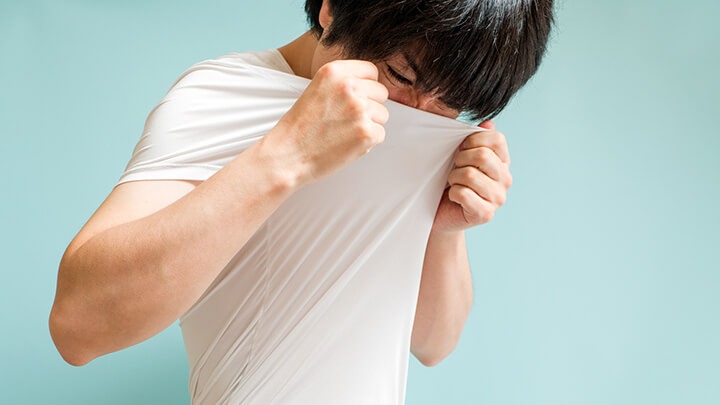A prescription has the potential to be a lot more than a bottle of pills you pick up at the pharmacy. In the days before high-tech (and high-priced) pharmaceuticals, a prescription was a set of instructions. Often prescriptions were more like recipes or instructions for treatments to be administered at home. Prescriptions can also take a very human form…a talk over tea with a friend, a family meal, or a nurturing social network can all be good medicine.
That’s because health (both physical and emotional) hinges on more than good genes, proper diet, and regular exercise. Simply put, rich and rewarding relationships are key to well-being.
The science bears this out–loneliness and social isolation are killers:
- Rates of heart attacks and stroke increase by almost a third when a person is socially isolated.
- Extreme loneliness has been shown to disturb sleep patterns, decrease immune function, and elevate stress hormones.
- Longitudinal studies indicate that social isolation is associated with cognitive decline, substance abuse, obesity, and poorer health outcomes overall.
Rates of loneliness and isolation have nearly doubled over the last four decades. For example, in the 1980s, 20 percent of the population could be described as having suboptimal social lives. Today, that figure stands at 40 percent. Undoubtedly, statistics like these could go a long way to helping explain the epidemic of many chronic diseases including addiction to opiates, which is plaguing many sections of the country.
Social cohesion, on the other hand, is strongly correlated with robust health. This connection is so strong that scientists have even given it a name, which they call the “Roseto Effect.” It refers to a curious phenomenon first observed by two physicians who observed that the middle-aged men in closely-knit traditional Italian families in Roseto, Pennsylvania had much lower than expected mortality rates.
The initial study data demonstrated that similar men of Italian descent in adjacent communities near Roseto had nearly double the number of heart attacks. The men in Roseto should have been at high risk for cardiovascular disease just like their neighbors. They had similar genes, similar diets, and similar lifestyles. They all drank in excess, ate lots of red meat, and didn’t get enough exercise. But the men in Roseto seemed to be protected…but why?
One striking difference between the men of Roseto and those of the adjacent communities was that their families were extremely cohesive and supportive social structures. They lived like they did in the old country…family meals, deep connections, strong community, unconditional love and support. Those deep bonds appeared to immunize the community against stress and disease. As Dr. Stewart Wolf who instigated the study put it at the time, “The community was very cohesive. There was no keeping up with the Joneses. Houses were very close together, and everyone lived more or less alike.” As others have noted, elders were respected and embedded in the community, everyone had a place, and people looked out for one another.
A 50-year longitudinal study has since confirmed that social solidarity and homogeneity does seem to reduce the risk of coronary disease. For example, in subsequent years, as traditional close-knit families in Roseto became “Americanized” too, rates of heart disease rose as well.
Thanks to MRIs and high-tech PET scans, we now know something about how relationships alter the brain and physiology. An example is the work of Dr. Amy Banks, at the Wellesley Centers for Women, who is doing pioneering work on how our culture’s emphasis on socializing people to be extremely individualistic may hinder the development of the immune system.
Dr. Banks contends that being embedded in rich social networks helps people develop neural networks that become “hardwired” into our nervous system. A robust and healthy neural network is a major advantage in reducing the risk of virtually all chronic diseases.
I hope that the lesson from Roseto helps you to realize that more hugs, family dinners, and social time with people (not devices) is a powerful prescription indeed.
Take good care,
Dr. Joshua Levitt









